Search titles
Displaying results 11 to 20 of 274.
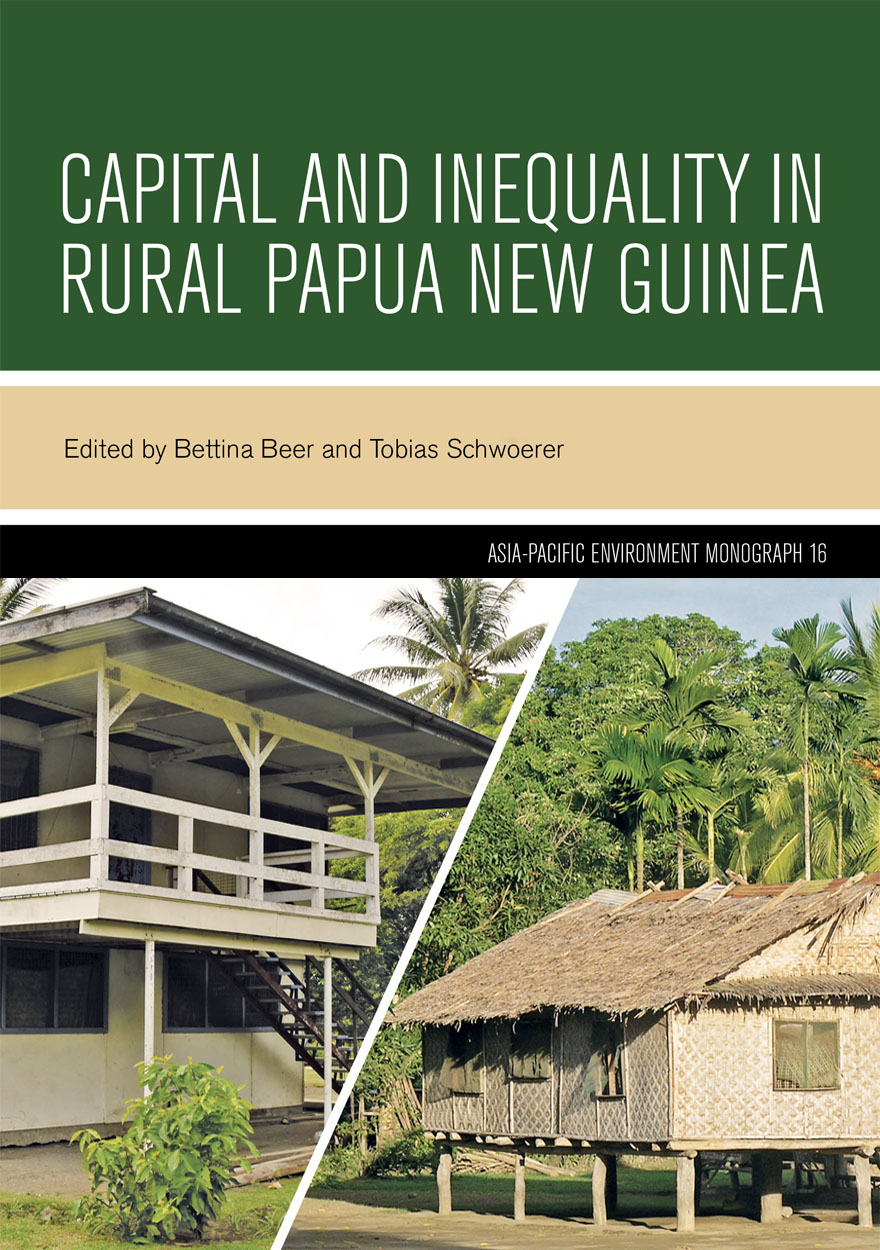
Capital and Inequality in Rural Papua New Guinea »
Edited by: Bettina Beer, Tobias Schwoerer
Publication date: July 2022
That large-scale capital drives inequality in states like Papua New Guinea is clear enough; how it does so is less clear. This edited collection presents studies of the local contexts of capital-intensive projects in the mining, oil and gas, and agro-industry sectors in rural and semi-rural parts of Papua New Guinea; it asks what is involved when large-scale capital and its agents begin to become significant nodes in hitherto more local social networks. Its contributors describe the processes initiated by the (planned) presence of extractive industries that tend to reinforce already existing inequalities, or to create and socially entrench novel inequalities.
The studies largely focus on the beginnings of such transformations, when hopes for social improvement are highest and economic inequalities still incipient. They show how those hopes, and the encompassing socio-political transformations characteristic of this phase, act to produce far-reaching impacts on ways of life, setting precedents for and embedding the social distribution of gains and losses. The chapters address a range of settings: the PNG Liquid Natural Gas pipeline; newly established eucalyptus and oil palm plantations; a planned copper-gold mine; and one in which rumours of development diffuse through a rural social network as yet unaffected by any actual or planned capital investments. The analyses all demonstrate that questions around land, leadership and information are central to the current and future social profile of local inequality in all its facets.
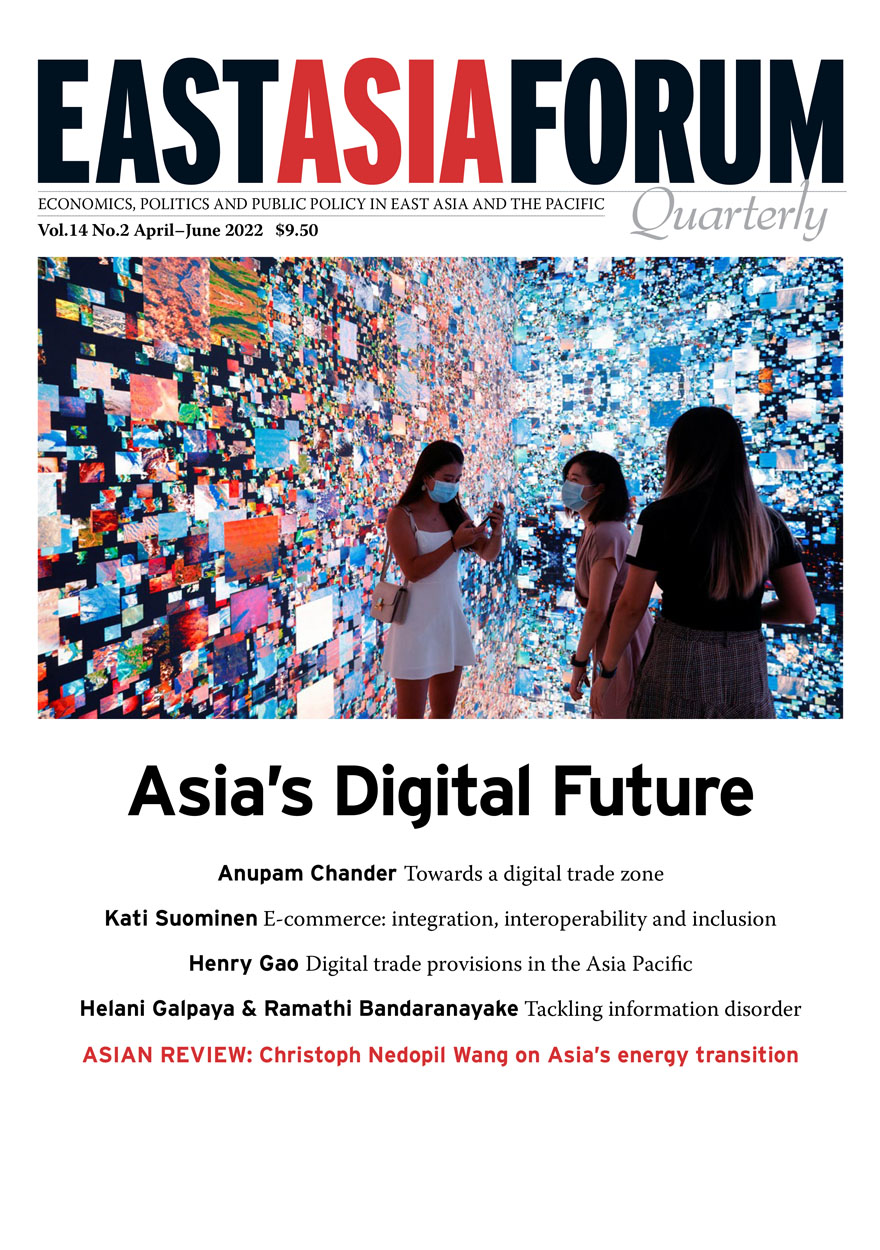
East Asia Forum Quarterly: Volume 14, Number 2, 2022 »
Publication date: June 2022
Once, the internet and world wide web promised a world of seamless connectivity for anyone with access to a digital device. As connectivity costs fell, the workplace became mobile, and digitalisation transformed industrial sectors, the laissez-faire agenda of digital developmentalists appeared to align with and promote democratic ideals. That was then. Today, even as cloud computing and digital transformation agendas have become mainstream, it is clear the threat of digital fragmentation must be actively addressed. As different rules around privacy, cybersecurity and digital sovereignty emerge to thwart interoperability, fragmentation is impacting both governance and infrastructure. Digital borders in China, cross-border data restrictions in Europe and America’s disavowal of Chinese telecom equipment make for increasing disconnection.
The articles in this EAFQ examine where commonalities are possible in the digital economy, and where we may expect more clashes than cross-cutting frameworks.
Download for free
Not available for purchase
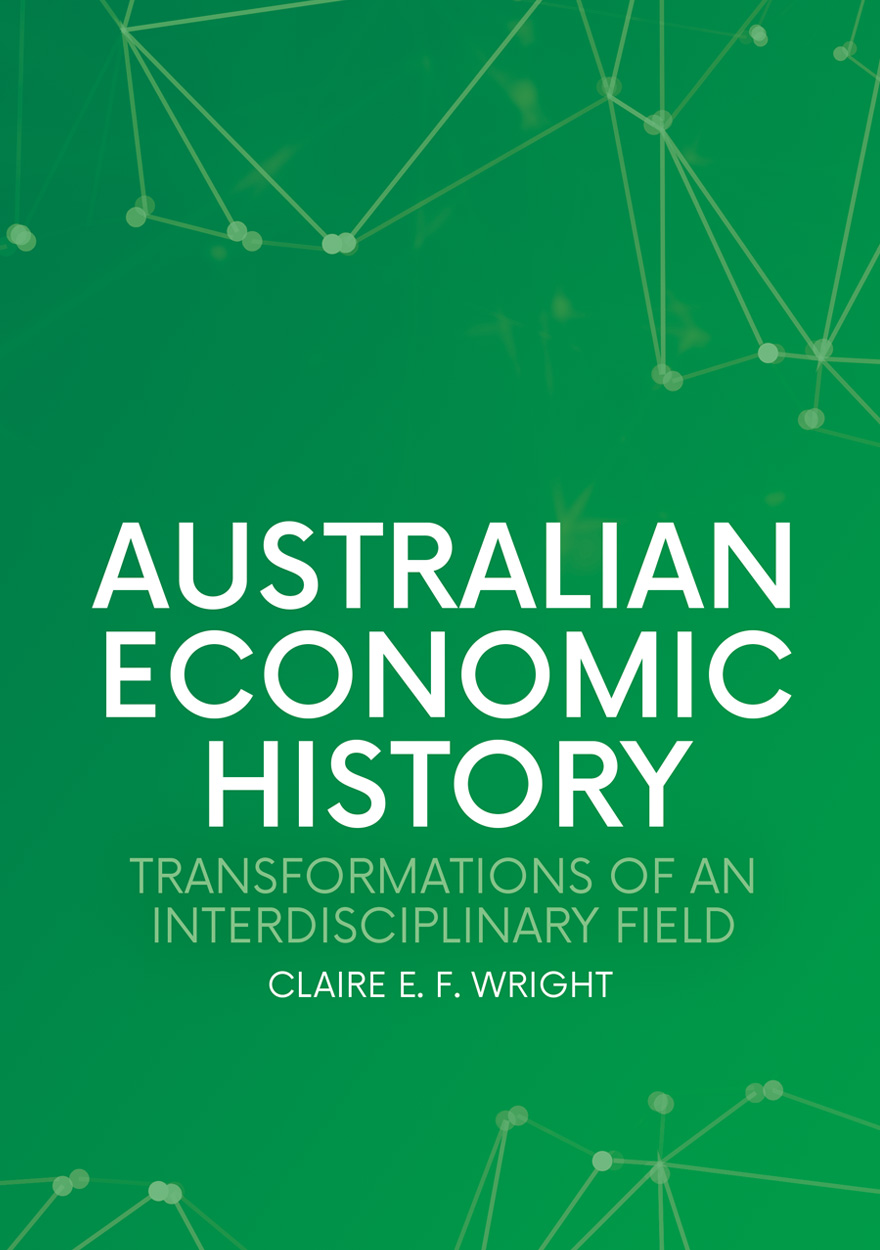
Australian Economic History »
Transformations of an Interdisciplinary Field
Authored by: Claire E. F. Wright
Publication date: June 2022
In a time of pandemics, war and climate change, fostering knowledge that transcends disciplinary boundaries is more important than ever. Economic history is one of the world’s oldest interdisciplinary fields, with its prosperity dependent on connection and relevance to disciplinary behemoths economics and history. Australian Economic History is the first history of an interdisciplinary field in Australia, and the first to set the field’s progress within the structures of Australian universities. It highlights the lived experience of doing interdisciplinary research, and how scholars have navigated the opportunities and challenges of this form of knowledge. These lessons are vital for those seeking to develop robust interdisciplinary conversations now and in the future.
‘This previously untold story of economic history in Australia exposes the centrality of economic thought and scholarship to Australian intellectual and political life. Deftly positioning economic history in an innovative institutional, place-based and person-focused narrative, Claire Wright entangles economics with the history of education to produce a tale of university interdisciplinarity, influence and impact. Written with vitality and bursting with both data and anecdote, this book makes an exceptional contribution to the intersecting fields of history, economics and higher education studies.’
– Hannah Forsyth, author of A History of the Modern Australian University.
‘Few readers would expect to find a classical tragedy in the story of an academic field. Yet that is what Claire Wright shows us in this study of Economic History, as it has been practiced in Australia. She traces the field from legendary beginnings to triumphant growth to organisational collapse - and renaissance on other terms. Carefully researched and vigorously written, this book raises questions about disciplines and interdisciplinary fields, universities and markets, and social bases of intellectual work, that are relevant to all fields today.’
– Raewyn Connell, author of The Good University
‘Australia proved a pioneer in the study of economic history, nurturing a discipline with innovative data and understanding of material trends. Yet by the 1990s economic history departments closed as senior scholars retired and the field was subsumed by conventional economics. In this absorbing study, Dr Claire Wright challenges the conventional account. She is tough-minded about financial and institutional pressures on the field, but cautiously optimistic about the future. It is a mistake, she argues, to see institutional representation as the benchmark of influence. Instead, the interdisciplinary nature of economic history has encouraged new research and teaching across the humanities and social sciences. With close attention to individual scholars and their university departments, and a deep sense of the trajectory of the field, Australian Economic History: Transformations of an Interdisciplinary Field is an original and important contribution to Australian intellectual history.’
– Glyn Davis, Distinguished Professor of Political Science in the Crawford School of Public Policy, The Australian National University

East Asia Forum Quarterly: Volume 14, Number 1, 2022 »
Publication date: March 2022
Economic cooperation in East Asia has progressed in its own distinct way, and the conclusion of the Regional Comprehensive Economic Partnership (RCEP) in 2019 is a huge achievement of strategic significance that pushes back against threats to the multilateral system. RCEP is the world’s largest regional pact in terms of GDP, trade volume, foreign direct investment and population. This issue of East Asia Forum Quarterly looks at RCEP going forward, the ways Asia’s largest economies are embracing the deal, the supply chain and manufacturing trends that are emerging and the RCEP framework for dealing with issues beyond those already negotiated.
Download for free
Not available for purchase
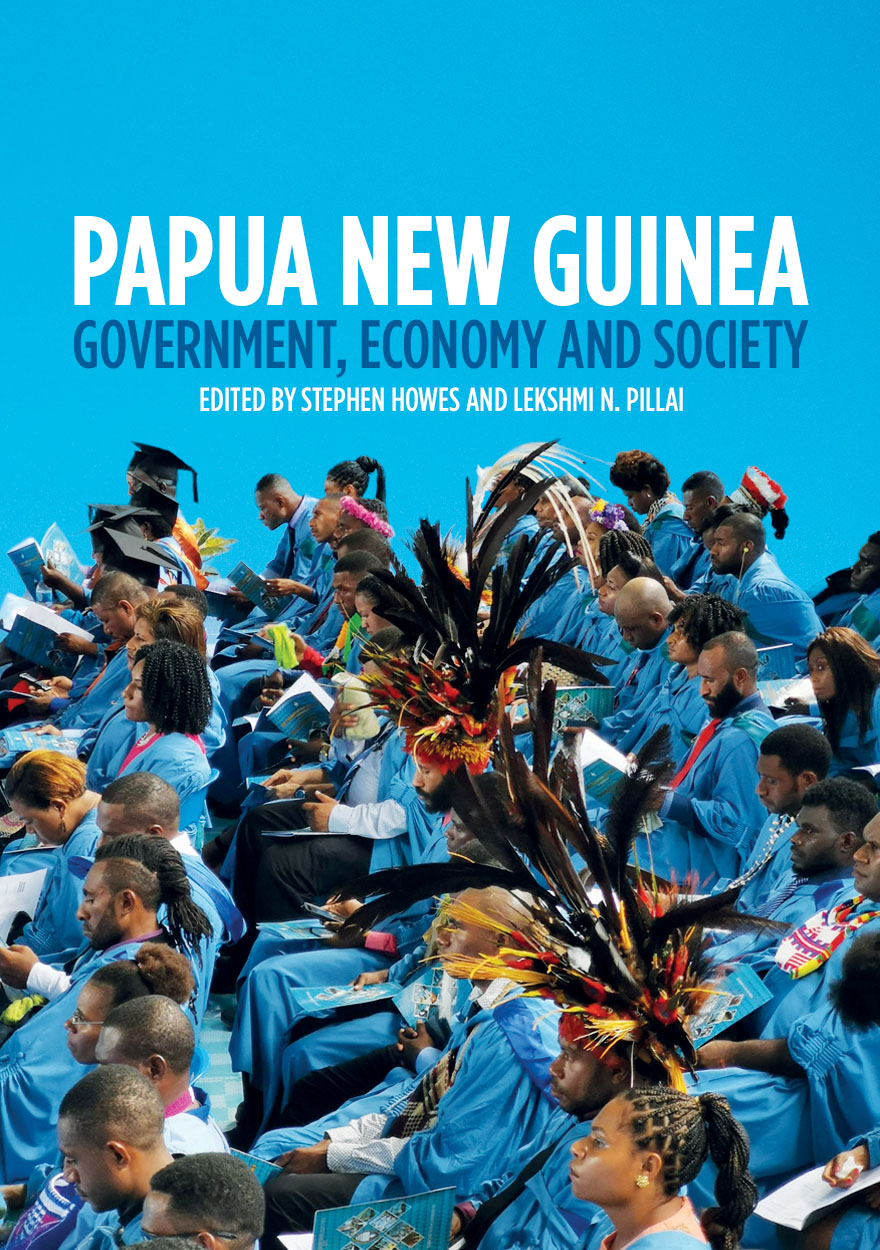
Papua New Guinea: Government, Economy and Society »
Edited by: Stephen Howes, Lekshmi N. Pillai
Publication date: March 2022
Papua New Guinea (PNG), a nation of now almost nine million people, continues to evolve and adapt. While there is no shortage of recent data and research on PNG, the two most recent social science volumes on the country were both written more than a decade ago. Since then, much has changed and much has been learnt. What has been missing is a volume that brings together the most recent research and reports on the most recent data. Papua New Guinea: Government, Economy and Society fills that gap.
Written by experts at the University of Papua New Guinea and The Australian National University among others, this book provides up-to-date surveys of critical policy issues for PNG across a range of fields, from elections and politics, decentralisation, and crime and corruption, to PNG’s economic trajectory and household living standards, to uneven development, communication and the media. The volume’s authors provide an overview of the data collected and research undertaken in these various fields in an engaging and accessible way.
Edited by Professor Stephen Howes and Professor Lekshmi N. Pillai, Papua New Guinea: Government, Economy and Society is a must-read for students, policymakers and anyone interested in understanding this complex and fascinating country.

Agenda - A Journal of Policy Analysis and Reform: Volume 28, Number 1, 2021 »
Edited by: William Coleman
Publication date: December 2021
Agenda is a refereed, ECONLIT-indexed and RePEc-listed journal of the College of Business and Economics, The Australian National University. Launched in 1994, Agenda provides a forum for debate on public policy, mainly (but not exclusively) in Australia and New Zealand. It deals largely with economic issues but gives space to social and legal policy and also to the moral and philosophical foundations and implications of policy.
Subscribe to the Agenda Alerting service if you wish to be advised on forthcoming or new issues.
Download for free
Not available for purchase

East Asia Forum Quarterly: Volume 13, Number 4, 2021 »
Publication date: December 2021
Surrounded by great powers, South Korea has weathered the upheaval of the COVID-19 pandemic in its own unique way. Aspirations for greater autonomy and self-reliance are also driving significant changes to Seoul’s political and security postures amid intensifying regional tensions, and serve as a backdrop as South Koreans elect their next president in early 2022. This East Asia Forum Quarterly examines how South Korea is confronting the big challenges of our time, including public health, green energy, political polarisation, minority rights, denuclearisation on the Korean Peninsula and the global rise of K-pop.
Download for free
Not available for purchase
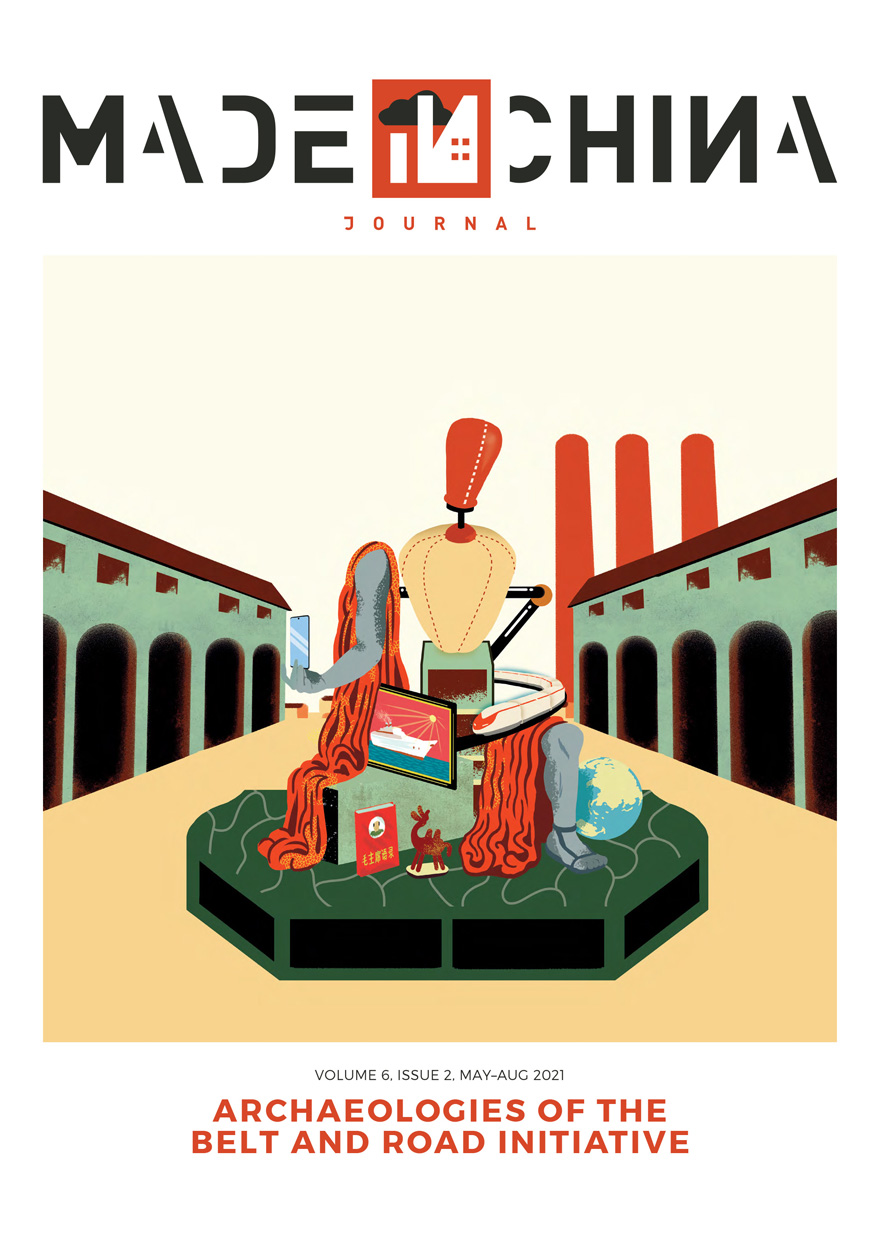
Made in China Journal: Volume 6, Issue 2, 2021 »
Edited by: Ivan Franceschini, Nicholas Loubere
Publication date: December 2021
Since its announcement in 2013, the Belt and Road Initiative (BRI) has become the main lens through which both observers and stakeholders trace China’s global footprint. Whether cheered on as a new engine of economic development in a fraught and increasingly unequal world or frowned on as a masterplan through which the Chinese authorities are attempting to establish global hegemony, the infrastructure component of the BRI has become such an important frame in discussions of Global China that less tangible aspects that are not in its purview tend to be lost or overlooked. One of these neglected dimensions is China’s long history of international engagement aimed at building economic, political, social, and cultural ties in both the Global North and the Global South. Frequently, we tend to forget how the international presence of Chinese actors we are currently observing did not just happen overnight, but was built on decades of experience of China’s interaction with the rest of the world. In the belief that examining these historical precedents can help us shed light on both the continuities and the discontinuities in the practices of today and that only by digging into the dirt of history can we excavate the roots of the dynamics we are witnessing, this issue is dedicated to the ‘archaeologies of the BRI’.
Download for free
Not available for purchase
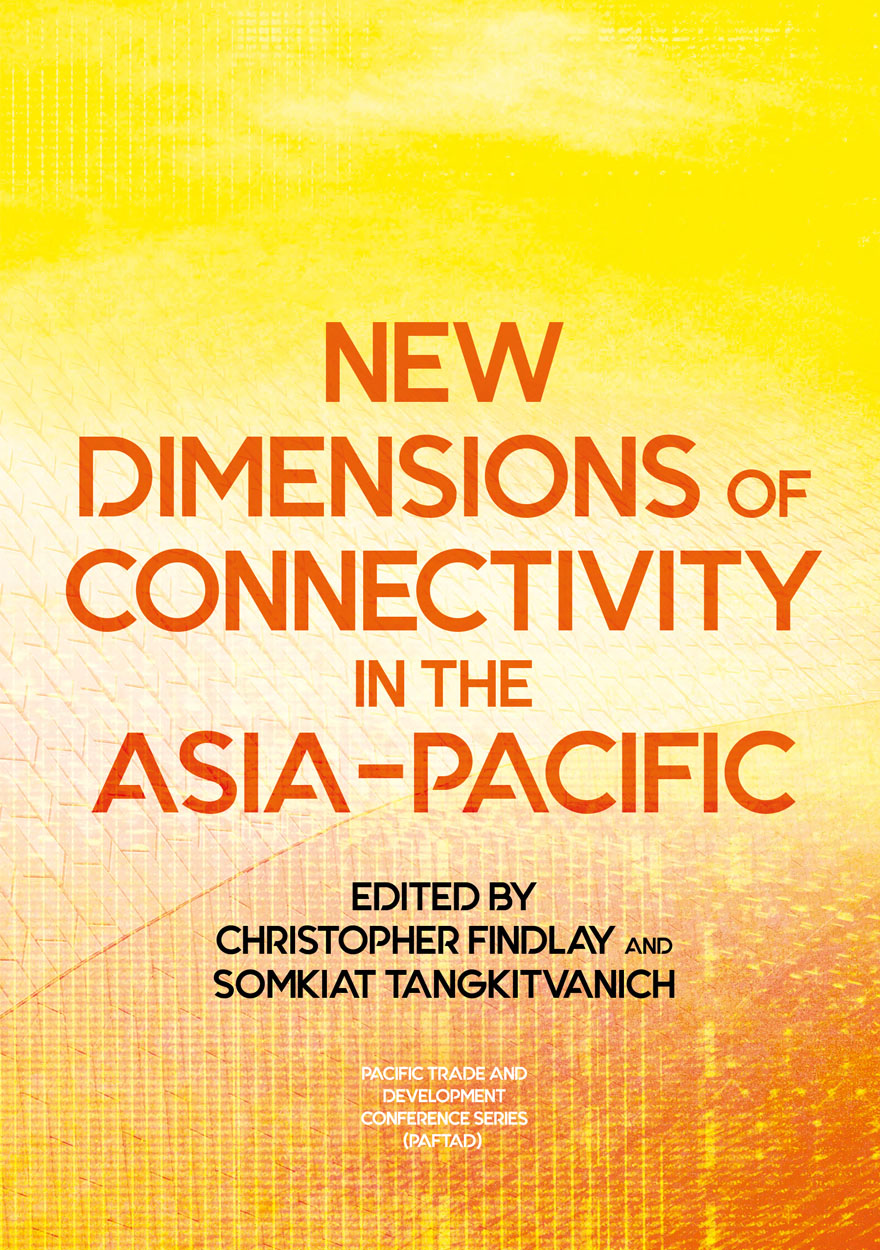
New Dimensions of Connectivity in the Asia-Pacific »
Edited by: Christopher Findlay, Somkiat Tangkitvanich
Publication date: November 2021
There is no bigger policy agenda in the East Asian region than connectivity. Costs of international connectivity are indeed falling, in the movement of goods, services, people and data, leading to greater flows, and to the reorganisation of business and the emergence of new forms of international transactions. There are second-round effects on productivity and growth, and on equity and inclusiveness. Participating in trade across borders involves significant set-up costs and, if these costs are lowered due to falling full costs of connectivity, more firms will participate, which is a driver of productivity growth and innovation at the firm level. Connectivity investments are linked to poverty reduction, since they reduce the costs of participating in markets.
This volume includes chapters on the consequences of changes in both physical and digital connectivity for trade, for the location of economic activity, for forms of doing business, the growth of e-commerce in particular, and for the delivery of new services, especially in the financial sector. A study of China’s Belt and Road Initiative (BRI) is also included. These studies are preceded by an assessment of the connectivity performance in the Asia-Pacific region and followed by a discussion of impediments to investment in projects that contribute to productivity. The collection as a whole provides the basis for a series of recommendations for regional cooperation.
The Pacific Trade and Development (PAFTAD) conference series has been at the forefront of analysing challenges facing the economies of East Asia and the Pacific since its first meeting in Tokyo in January 1968.

Leading from the North »
Rethinking Northern Australia Development
Edited by: Ruth Wallace, Sharon Harwood, Rolf Gerritsen, Bruce Prideaux, Tom Brewer, Linda Rosenman, Allan Dale
Publication date: September 2021
Leading from the North aims to improve public dialogue around the future of Northern Australia to underpin robust and flexible planning and policy frameworks. A number of areas are addressed including social infrastructure, governance systems, economic, business and regional development, climate and its implications, the roles and trends in demography and migration in the region.
This book not only speaks to the issues of development in Northern Australia but also other regional areas, and examines opportunities for growth with changing economies and technologies.
The authors of this book consist of leading researchers, academics and experts from Charles Darwin University, The Australian National University, James Cook University, the Australian Institute of Marine Science and many other collaborative partners.
Many of the authors have first-hand experience of living and working in Northern Australia. They understand the real issues and challenges faced by people living in Northern Australia and other similar regional areas. Backed by their expertise and experience, the authors present their discussions and findings from a local perspective.



